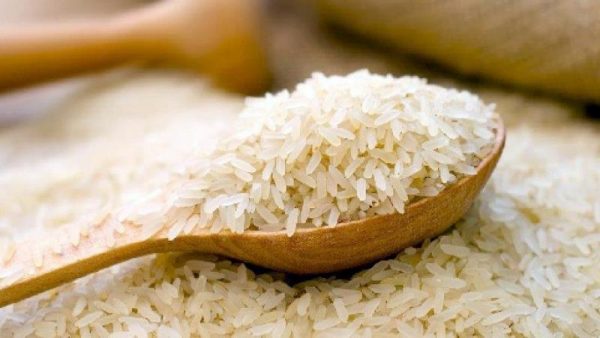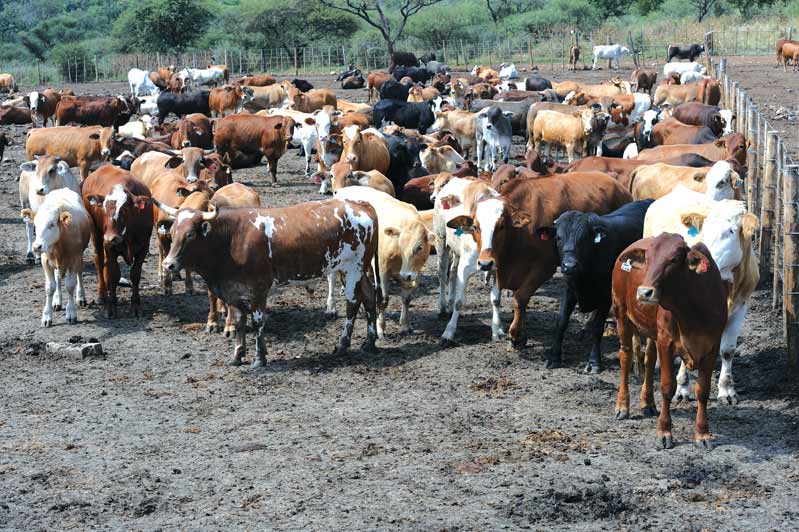The African Agricultural Technology Foundation (AATF) working with relevant research institutions in Nigeria, has developed a new rice variety which could increase yield by 20% and significantly boost the food security agenda of the federal government.
Partnering the National Cereals Research Institute (NCRI) and the Agricultural Research Council of Nigeria (ARCN) among others, the foundation said the Nitrogen Efficient Water Efficient Salt Tolerant (NEWEST) rice type, achieved through genetic engineering, will be a game changer in the production of the grain, helping to significantly reduce importation.
Bridge rice supply gaps
Rice Project Manager for AATF, Dr. Kayode Sanni, explained that unlike the conventional rice which has low yield per hectare, the new variety could utilise low nitrogen in the soil to produce good yields. He noted that the innovation will lower production costs which had impacted price in Nigeria as well as bridge rice supply gaps.
“Though the land area for rice has increased but there is a need for increase in the yield so that farmers will have better yield on their farms, and it has to be done using technology. And what we have done is that we have developed rice that can actually grow under low nitrogen and still give a very good yield. From the observation and what has been happening in Nigeria, the production of rice has gone up a bit. As at 2015, we are about 3.9 million metric tons, and by 2019, we moved to about 4.5 million metric tons,” said Dr. Sanni.
“However, we still have a deficit of about 1.2 million metric tons which our production have not been able to meet, and in order to meet that, we will we import. The productivity or the yield is low compared to what the global average is, the average yield is about 2.2 tons per hectare, but that does not say there are no area where you have yield up to five tons per hectare, but when you take the average across it’s about 2.2 ton per hectare compared to the global average yield which is about 4.3 tons per hectare,” Sanni added.








